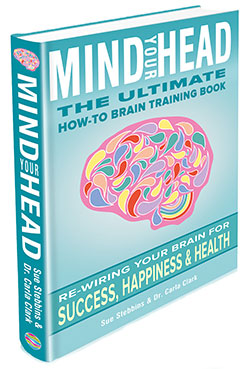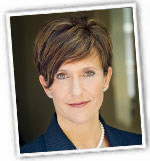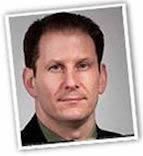Phenomenology and Imagination in Husserl and Heidegger
(BRIAN ELLIOTT)
Reviewed by Julia Jansen
Page 1
Source: http://ndpr.nd.edu/review.cfm?id=7323
IWith Phenomenology and Imagination in Husserl and Heidegger Elliott puts forward a compact and accessible book that helps us understand the important relation between the two most central thinkers of the phenomenological tradition. Without getting entangled in either terminology and without demanding extensive familiarity with either paradigm, Elliott presents the main tenets of both philosophies and the respective views on imagination. His comparison is led by an important philosophical hypothesis, namely that the issue of imagination, more specifically Kant's theory of imagination, is an especially well-suited tertium comparationis. This hypothesis is confirmed by the insightful and lucid account that ensues from it.Even for those who might not agree with Elliott's interpretations in general or in detail, this book provides a highly interesting view on both Husserl and Heidegger. Above all, it demonstrates the vital relevance of imagination for philosophy.
What Elliott is after is the very 'sense of phenomenology' (1). The issue of imagination provides the focus by which he traces this sense from its inception in Husserl to its eventual 'destruction' (Abbau) in Heidegger. This exposes what Elliott calls its 'pre-sense', that is, the very structures and articulations of human existence it is meant to reveal. Accordingly, the book has two parts, the first of which is devoted to Husserl's development of the 'sense of phenomenology'. The second deals with Heidegger's disclosure of the 'pre-sense' of phenomenology. Ultimately, however, Elliott shows how Heidegger's 'turn' is also a turn away from imagination as a central feature of human existence. This, Elliott argues, also marks Heidegger's departure from phenomenology. If phenomenology is continued beyond Husserl and Heidegger, this will be with a transformed notion of 'heterotopic' imagination, which captures the historical and communal sense of experience. Thus runs the intriguing and challenging conclusion of this study.
Elliott sets up the problem of imagination within the context of Husserl's earliest writings on expression and intuition. Husserl's break from Kant's philosophy by way of an extension of the notion of intuition is crucial here.With the concept of 'categorial intuition' Husserl means to undo the divide between the sensible and the rational. But with this gap gone, the notion of a transcendental imagination, which in Kant's system is required to bridge it, seems to have lost its purpose. Dismissing any hypostasization of acts into faculties and rejecting the view that rational order is a high-level superimposition on low-level sensible experience, Husserl thus transforms his 'critique' into a "description of how 'logical' structure is adumbrated and predelineated at the most basic level of conscious life". (7) The understanding/sensibility-divide is thereby converted into an "intention/fulfilment dynamic", in which "any act of intuition is the fulfilment of an intention that necessarily precedes it as an 'empty intending' of the object meant." (8)
While this view seems to render imagination superfluous, Elliott opposes it and instead emphasises its "pivotal role" in Husserlian phenomenology. (8) Husserl makes explicit only the important methodological role the imagination plays for phenomenology. But his statements sit uneasily within his early considerations of the intention/intuition-dynamic. Elliott reminds us of the fact that Husserl's interest in imagination was, at least initially, motivated by his interest in mathematical and conceptual objects, which demand an explanation of how we can intend something that has no empirical reality. This leads Husserl to an account that implies an
'indifference' of meaningful acts of presentation to the concrete existence or reality of what such acts mean or aim at: the 'sense of being' for consciousness is not essentially that of empirical reality. (20)
In this sense, Elliott convinces that "Husserl's own articulation of phenomenological thought points in itself to the centrality of the imagination." (23) This receives further confirmation when he leads us through the relevant sections of the Logical Investigations for a further assessment of the explicit methodological relevance of imagination. The key aspect of its relevance lies in the parallelism between perception and imagination, which allows for a considerable expansion of the scope of phenomenological analyses. It means that phenomenologists do not have to rely on their perceptions for their reflections. As Husserl says, 'any inner fantasy, constructing in the freest of fictional modes, would serve just as well, provided it possesses sufficient intuitive clarity: indeed it serves preferably'. The thus asserted primacy of the imaginary over the perceptual stems from two characteristic features of the imagination: When we imagine we expand our field of intuition from what is actual to everything which is possible and we can move freely in the sense that we are not dependent on what happens to present itself to us perceptually. Imagination is thereby marked as both the domain of possibility and the realm of freedom (cf. 35).
We Make it Easy to Succeed
Successwaves, Intl.
Brain Based Accelerated Success Audios
 |






